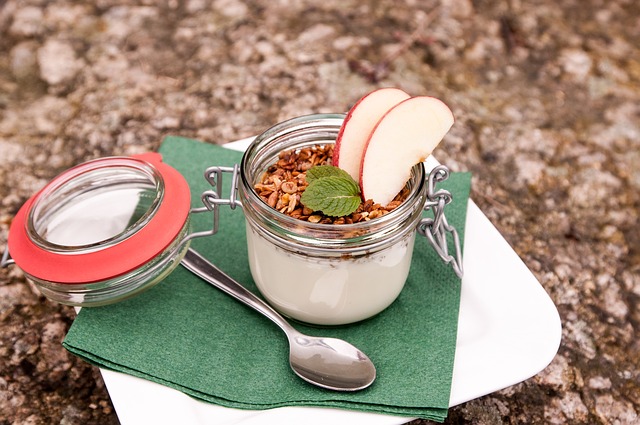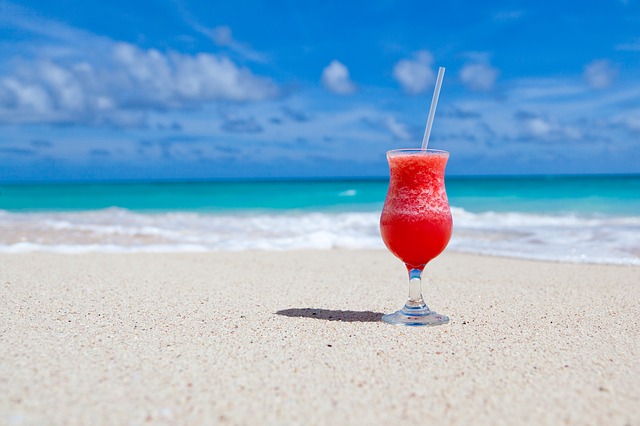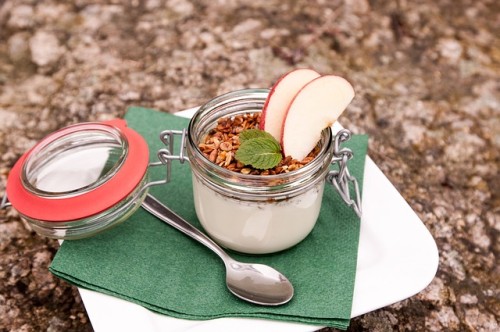Eating Healthily on your Travels
Hours spent on buses, planes and buses, travelling without a fixed destination and visiting unknown lands in different time zones can make it difficult to carefully control your eating – risking potential weight gain/loss and leading to feelings of fatigue, discomfort and nausea.
Here, we offer five simple tips to combat the effects of travelling, helping you eat healthier on your holidays/tours.
Rehydrating Salad
One of the most common side effects of prolonged travel is dehydration, so it is important you rehydrate upon arrival or during the journey. Alongside consumption of water, a rehydrating salad can help keep your body’s water level sufficiently high. A simple salad of cucumber (96.7% water content), iceberg lettuce (95.6%), celery (95.4%), radishes (95.3%) and tomatoes (94.5%) might not be particularly exciting but is simple and cheap to prepare and will keep in airtight Tupperware for a long journey.
Succo Juicery stress the importance of hydration: “Dehydration can lead to a number of side effects including vomiting, muscle cramping, weakness and nausea – making it incredibly important to ensure your body is receiving sufficient fluids from water and/or food.”
Staying hydrated is particularly important when travelling to warmer climes, with the increased temperature draining more water from the body.
Stick to Meal Times
The body will react to a change in eating behaviours, potentially problematic when travelling over different time zones. Slowly adapt your meal times based upon the time zone your body is used to, slowing altering eating patterns to the times of your destination. A stark change in eating habits can lead to the body experiencing a food shortage and a loss of energy. Ask airlines to deliver your meal your designated eating times to health adapt to new time zones.
This can be difficult when travelling through regions such as the Mediterranean when their culture seems to dictate that the later a dinner, the more enjoyable a dinner – but try to remain strong.

Research Local Cuisine
If travelling somewhere new, it may be tempting to seek out a recognisable fast food location upon your arrival and dining on food with minimal nutritional value. Websites such as TripAdvisor make it simpler to research where to eat when you arrive in your destination, offering details about prices and types of cuisine (including healthy eating options).
Try the Local Fare
The well-documented health benefits of eating fish are intensified when the fish is freshly caught and delivered to your plate. Try the local fish and seafood when travelling rather than the fish you are more familiar with – this could help you control weight and metabolism and also contribute to a number of long term health benefits. From improved hair and skin to boosted brain development – eating the local fish is a healthy (and often budget-conscious) dining option.

Pack your own Trail Mix
If you’re planning on taking in a hike or a long bus journey during your travels, be sure to pack your own trail mix – helping you control your snacking when you feel the pangs of hunger. Greatist have produced this simple graphic to help you develop an enjoyable and healthy trail mix during your travels – helping ensure you don’t give in to temptation and stop off at the ice cream truck for a couple of 99s.





